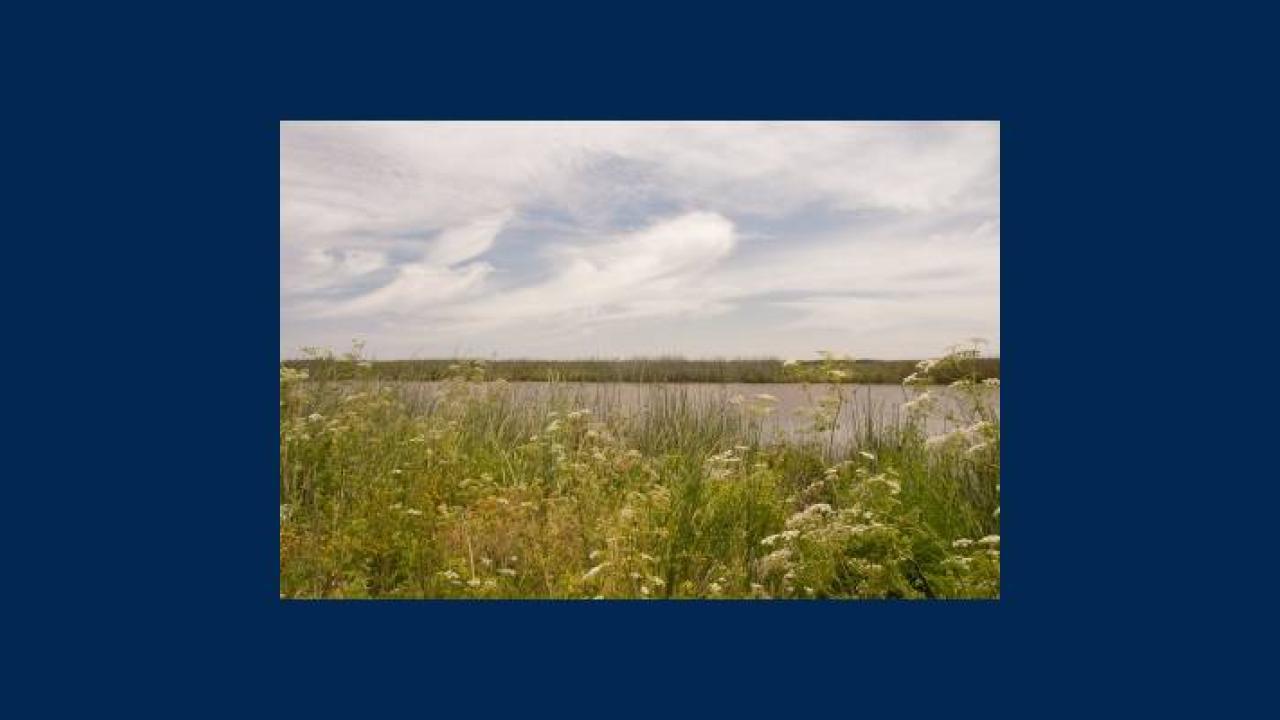
Assistant Specialist - Job Opportunity (Closed)
The Center for Watershed Sciences is hiring an Assistant Specialist to work on an aquatic food-web carbon flow project. The position encompasses field data collection along with laboratory and data analysis in order to quantify carbon flow in zooplankton communities in rivers, marshes, and floodplains. Application closes July 20, 2019. More details available here.
This position will aid in interdisciplinary studies of carbon flow in aquatic food-webs in floodplain, marsh, and river habitats using zooplankton community data, stable isotopes, fatty acids, and direct and indirect carbon flow measurements. Duties include participating in field studies to collect dissolved and particulate organic matter, zooplankton and water quality samples, laboratory analysis of zooplankton communities, analysis using R statistical programming, sample preparation for isotopic and fatty acid analysis, long-term biological assays, quantification of dissolved organic and particulate organic matter, and characterization of dissolved organic carbon with optical techniques including SUVA254. Additionally, the Assistant Specialist will serve as a research coordinator for food-web carbon quantification projects conducted by PIs at the Center for Watershed Sciences. The Assistant Specialist will be actively involved in creative activities such as project design, preparing reports and posters, and grant writing. They will also have the opportunity to present research at local and regional meetings such as Bay-Delta Science Conference, American Fisheries Society CALNEVA chapter meetings, and Interagency Ecology Program Annual Workshop.
Preferred Qualifications:
- Master's degree in ecology or related fields, or technical expertise equivalent to a Master's degree in the area of specialization or five years of training in the area of specialization.
- Experience in using water quality instrumentation to collect field data, including optical sensors.
- Experience in preparation of samples for isotopic and fatty acid analysis.
- Experience in zooplankton identification to species.
- Experience in long-term labile carbon assays, SUVA254, and particulate organic matter quantification.
- Knowledge of statistical analysis using R statistical programming language.
- Experience in analyzing optical oxygen sensor data.
- Experience participating in collaborative writing efforts such as in preparation of manuscripts for peer review and of grant proposals.
- Knowledge to contribute to creative activities including project design, grant writing, proposal review and data analysis in the areas of carbon quantification, zooplankton communities, organic carbon, and food webs.
